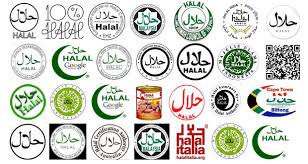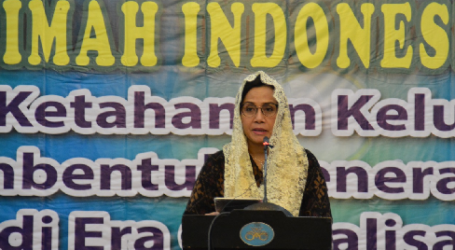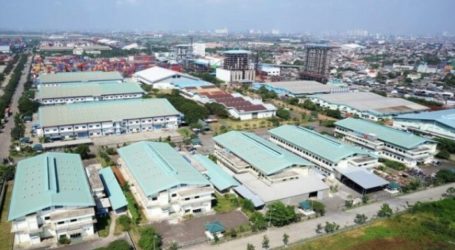Halal Industry Potentially Boost National Economy

 Jakarta, 13 Jumadil Akhir 1438/12 March 2017 (MINA) – Halal industry is growing rapidly in many countries, both in Muslim majority population as well as minority popolation such as Japan, Taiwan, China, Thailand and so on.
Jakarta, 13 Jumadil Akhir 1438/12 March 2017 (MINA) – Halal industry is growing rapidly in many countries, both in Muslim majority population as well as minority popolation such as Japan, Taiwan, China, Thailand and so on.
Based on Reuters research, the global Muslim shopping for halal food reached 1.2 billion US dollars in 2014 and is predicted to reach 1.58 billion US dollars in 2020. The global halal market and halal lifestyle sector including travel, fashion, media and recreation, drugs, and cosmetics reached 1.8 billion US dollars in 2014. Its value is projected to rise to 2.6 billion dollars in 2020.
Halal Tourism industry is now becoming one of the industries in the tourism sector were taken into account. Halal industry is considered as a great opportunity that become needs and lifestyle (halal/sharia lifestyle). There are 10 sectors halal lifestyle that gives major contribution in the world economy. Namely: food, finance, travel, cosmetic, education, fashion, media, recreation, pharmaceuticals, medical, and art & culture.
However, despite that Indonesia as the largest Muslim nation in the world, the country has not made this halal industry as the motor of the national economy. According to the Global Islamic Economic Report 2015-2016, Indonesia currently occupies the tenth position in the industry and the world halal market. The first rank was occupied by a neighboring country, Malaysia. Followed by the UAE (United Arab Emirates), Bahrain, Saudi Arabia, Pakistan, Oman, Kuwait, Qatar, Jordan and Indonesia.
Malaysia has already in front of Indonesia in the development of the halal industry, despite the fact that Indonesia has a greater potential than Malaysia. With a Muslim population of 80% to 85% of the 250 million citizens, Indonesia should not only be market. But also become a major player.
Therefore, SEBI School of Islamic Economics (STEI SEBI) moved to seize the opportunity and potential of the halal industry by holding a series of activities in the form of “Islamic Economic Days II” with the theme “Potentials of Halal Industry to Support the Growth of National Economy.” The event aimed at exploring the potential of the halal industry in Indonesia to boost its national economy.
Chairman of the STEI SEBI Sigit Pramono said the event consists of four competition over the eves of the halal industry in each race, the Innovative Challenge (essay), The Battle of Islamic Economic (debate), Muslimpreneur Competition (business plan), and Young Design Muslim (Poster).
The main event, on March 11, 2017, National Seminar on “Halal Life Style For Indonesia With Competitive Nature” held and raised simpathy of participants. The show presented experts and practitioners in the field of Islamic economics and halal industry. The event aimed at broadcasting the Islamic economy by developing the thinking of Muslim intellectuals on the industry in Indonesia. The targets were students, especially the economic faculty throughout Indonesia.
The event held from 8-11 of March was attended by Indonesian Minister of Industry Airlangga Hartanto, West Nusa Tenggara Governor Muhammad Zainul Majdi, Chairman of the Association of Indonesian Muslim merchant (ISMI) Ing Ilham Akbar Habibie , the Regent of North Lombok Najmul Ahyar, and Chairman BAZNAS Bambang Sudibyo.(L/RE1/P2)
Mi’raj Islamic News Agency (MINA)






